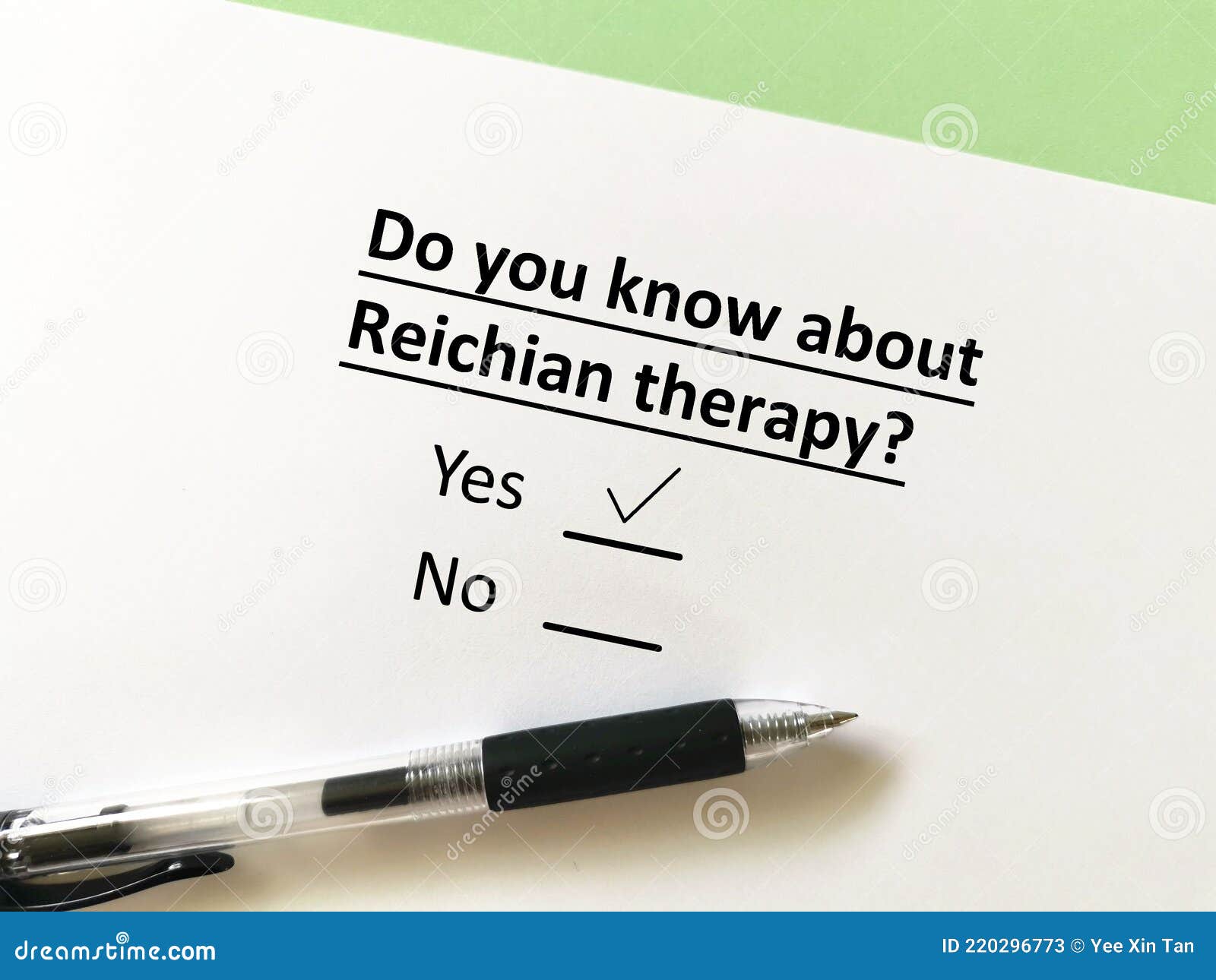Understanding the intricate relationship between oral character types and emotional overreaction offers valuable insights into human behavior and personality dynamics. Originating from Freudian psychoanalytic theory, the oral character type is associated with traits such as dependency, passivity, and a strong need for oral type oral stimulation. These characteristics often lead to heightened emotional responses, as individuals with an oral fixation may struggle to manage their feelings effectively. The interplay between an individual's oral disposition and their propensity for emotional overreaction reveals significant connections regarding coping mechanisms and interpersonal relationships. By exploring this connection, we can better comprehend how personality traits influence emotional regulation and the underlying psychological factors that drive people to respond intensely to various life circumstances.
Originating from Freudian psychoanalytic theory, the oral character type is associated with traits such as dependency, passivity, and a strong need for oral type oral stimulation. These characteristics often lead to heightened emotional responses, as individuals with an oral fixation may struggle to manage their feelings effectively. The interplay between an individual's oral disposition and their propensity for emotional overreaction reveals significant connections regarding coping mechanisms and interpersonal relationships. By exploring this connection, we can better comprehend how personality traits influence emotional regulation and the underlying psychological factors that drive people to respond intensely to various life circumstances.
Exploring the Origins of the Oral Character Type
The concept of the oral Type character type stems from Sigmund Freud’s psychosexual stages of development, specifically the oral stage, which occurs from birth to about eighteen months. During this stage, an infant's pleasure centers around the mouth, engaging in activities such as sucking and biting. When a child is either excessively gratified or frustrated during this stage, they may develop into an adult who exhibits traits like dependency, passivity, and a constant craving for reassurance. The outcomes of these experiences lay the groundwork for understanding why some people exhibit a greater tendency toward emotional overreaction, as unresolved needs or frustrations can manifest in anxious or explosive behavior later in life.
The Role of Dependency and Emotional Regulation
Individuals with a pronounced oral character type often struggle with dependency issues, which can lead to difficulties in emotional regulation. This dependency creates a reliance on others for emotional support and validation. As a result, when faced with stressors or interpersonal conflict, these individuals may react more strongly than others due to their heightened sensitivity. Comparison with less dependent character types frequently reveals a significant disparity in emotional responses, highlighting how the connection between oral character type and emotional overreaction becomes evident in daily life. Finding effective coping mechanisms, such as developing independence, is essential for those affected to learn how to manage their emotions more effectively.
Interpersonal Relationships and Communication Styles
The oral character type can shape not only an individual’s emotional landscape but also their interpersonal relationships and communication styles. Such individuals may exhibit a significant need for verbal affirmation and nurturing behaviors. However, this desire can quickly turn into an overreaction when they feel neglected or undervalued. The connection between oral character type and emotional overreaction often manifests in miscommunications, where a simple remark may trigger an intense emotional response. Understanding these communication patterns can aid both partners in navigating their relational dynamics, allowing for a more supportive and affirming environment that diminishes the potential for blow-ups.
Psychological Coping Mechanisms
People with an oral character type often employ certain psychological coping mechanisms to deal with their emotional challenges. Many may resort to seeking comfort in oral-based activities, such as eating or smoking, as a primary form of self-soothing. These behaviors can momentarily relieve emotional distress but may lead to unhealthy dependencies and habits. Recognizing how the connection between oral character type and emotional overreaction affects their coping strategies is crucial for these individuals.
 Incorporating healthier alternatives such as mindfulness, expressive writing, or physical activity can significantly enhance their emotional resilience and stability.
Incorporating healthier alternatives such as mindfulness, expressive writing, or physical activity can significantly enhance their emotional resilience and stability.Therapeutic Approaches for Oral Character Types
To address the challenges associated with the oral character type and its link to emotional overreaction, various therapeutic approaches can be beneficial. Psychodynamic therapy, which delves into one's past experiences and unresolved conflicts, helps individuals recognize and work through their dependency issues. Cognitive Behavioral Therapy (CBT) offers practical tools for restructuring negative thought patterns, allowing those affected to respond more constructively to emotional triggers. By understanding the **connection between oral character type and emotional overreaction**, therapists can tailor their approaches to foster healthier emotional expression and build stronger interpersonal relationships.
Impact of Cultural Context on Emotional Overreaction
Cultural factors also play a significant role in shaping how the oral character type expresses emotional reactions. In some cultures, open displays of emotion are encouraged, while in others, such expressions may be frowned upon. This societal backdrop influences how individuals understand and react to their emotional stimuli. For Brazilians, the tendency for animated conversations and emotional expressiveness can sometimes heighten the overreactions associated with the oral character type. By exploring these cultural dimensions, we gain insight into the broader implications of the connection between oral character type and emotional overreaction, recognizing how cultural nuances shape personality and emotional responses.
Conclusion
The exploration of the connection between oral character type and emotional overreaction reveals essential facets of human behavior and psychology. Understanding this relationship helps to illuminate how personality traits influence emotional responses, shaping not only personal well-being but also interactions with others. By gaining deeper insights into the origins, coping mechanisms, and therapeutic needs of individuals with strong oral character traits, oral type we promote healthier emotional dynamics and foster more meaningful interpersonal relationships. Embracing these insights ultimately leads to better emotional management and deeper connections, enhancing overall psychological health in the long run.








